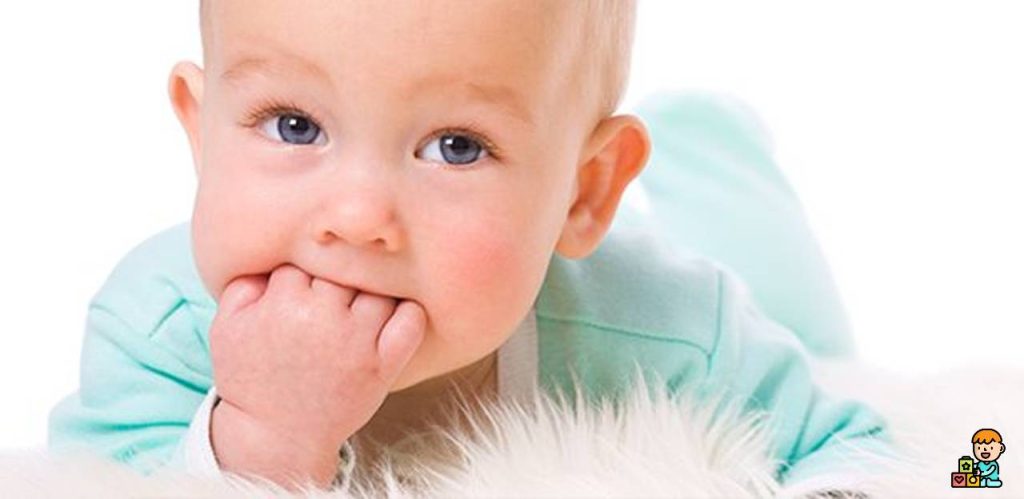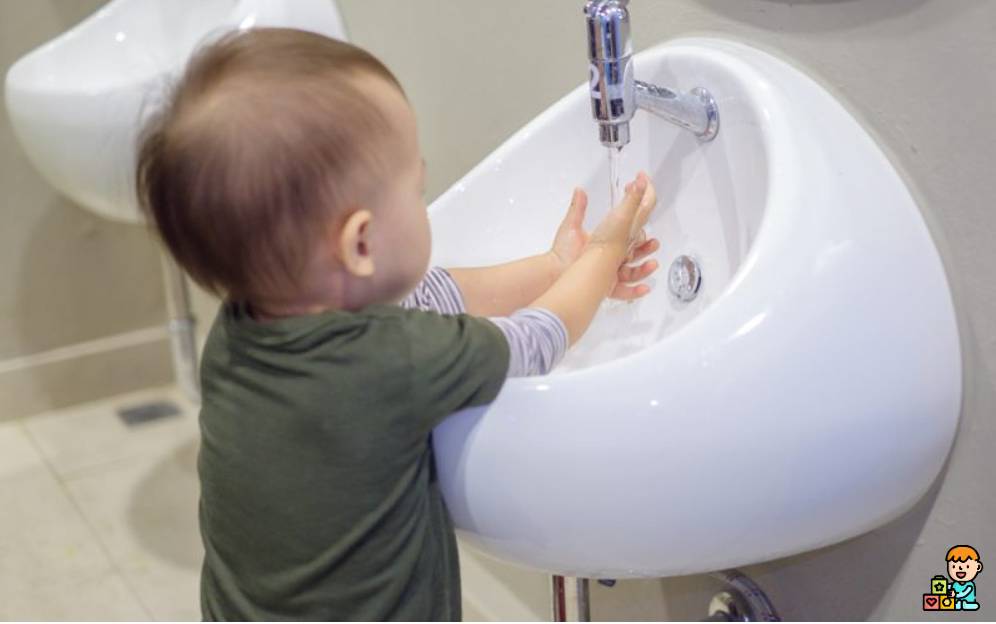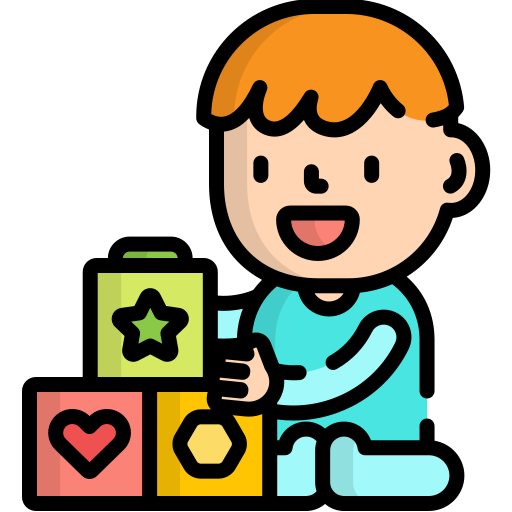
It is known the importance of how to clean baby hands, particularly amid all the happenings today. Hand washing is just as important for infants and toddlers just as it is for older kids. But what to do when your child isn’t yet old enough how to clean baby hands? This is an easy guide for washing your child’s hands.
Children’s hands should be cleaned. This is the ideal method to prevent the spreading of germs. Young children need to be taught how to wash their hands.
Children are required to be sure to clean baby hands often this includes but is not limited to:
- After you have used your bathroom facilities, you can return to the bathroom.
- Before eating, it’s important to
- If they wheeze, cough, or blow their noses, they are causing trouble.
- Playing with the toys part of the same
- after touching the animal
- After outdoor activities
Contents
Why is hand washing so vital?
Hands are the main source of germs. This is the case when we open the doors or wash our children’s faces while playing with toys, or changing diapers. There is no way to avoid the spread of germs, but you can reduce the possibility of passing them to others by regularly washing your hands.
Cleaning the hands of parents and children is the best way to avoid spreading diseases. Instruct the youngsters to cover their noses and their mouths by using tissues whenever they cough or wheeze and also to cough up their sleeves or their elbows.

Best Tips To Wash Your Hands
Hands are of kids and can be cleaned by washing them with hot water and soap, or with alcohol-based hand soaps. Children might require help and supervision while washing their hands to ensure they clean their hands properly.
The hand washing process is an absolute requirement.
- Hands that are wet while submerged
- Apply liquid soap
- Rub hands together and then apply lather for at least 15 seconds
- Cleanse hands
- Dry your hands using the help of a towel or air-dry.
- Be sure to switch off the taps by using your towel or sleeves
Hands of a Child through the use of Hand Sanitizer
- Clean your hands before you wash them, by following the instructions in the previous paragraph.
- Use a dime-sized drop of hand sanitizer onto your hands
- Make sure that your child’s hands are clean
Which is the most appropriate time for parents to wash their hands?
Cleanse hands before:
- Making or eating food
- Feeding your baby or child (including breastfeeding) feeding your child or baby (including nursing)
- Give your child medication.
Cleanse your hands immediately:
- Making food;
- Changing a diaper
- Helping a child with going to the bathroom;
- Utilizing an individual toilet;
- The act of wiping, blowing or wiping the nose, or blowing the nose of your child;
- Caring for the care of an unwell child
- Using a dress
- Taking care of animals or pets, cleaning cages, as well as litter box;
- Cleaning in the home, and
- Handling garbage.

How do I determine the most appropriate timing for children when they should wash their hands?
It’s essential to incite children to clean their hands to ensure that they’re doing it right.
Children must wash their hands before:
- Eating or handling food items
- Dealing with food products and
- Water play.
Kids are advised to wash their hands off:
- The use of toilets
- Playing outdoors or in the sand or water
- After touching an animal or pet
- Coughing up, making their hands sneeze, or blowing their noses out
- Before eating;
- Students in daycare or at school;
- The time spent in large public areas
Hand-Washing Do’s And Don’ts
There’s no doubt that there is no perfect method for washing your hands! We’ll give you some guidelines on how to clean baby hands and don’ts to provide you with a better idea of the correct method to wash your hands.
Do’s
Our hand-washing list includes:
- Follow the five CDC steps.
- Be sure to cover all areas of your hands, including the front and back of your hands, the wrists that are between your fingers, as well as underneath your fingernails.
- Be sure to keep your hands and forearms lower than your elbows to stop the water from leaking through the elbows (the most polluted part).
- Hands should be cleaned with the aid of a dry hand towel or paper towel if there’s no air-dryer accessible.
- Utilize an old towel or paper to stop the flow of water.
Don’ts
The list of hand-washing naysayers includes:
- Don’t use hot water for washing your hands. Hot water can cause skin irritation which can cause chapping of the hands and more prone to infection by bacteria.
- Don’t wash your hands before you apply the soap since you’ll be washing away soap.
- Be careful not to touch the surface of the sink after washing your hands.
- Avoid hand washing entirely If you don’t have immediate access to water or soap. You can choose a different method like the organic cotton Wipes which are organically certified using drinking water.
Conclusion
Your child will likely be exposed to germs, dirt, and bacteria at an early stage of their development. They aren’t prevented however there are methods to limit the spreading of the germs hand washing is the most effective method.
Hopefully, this article is helpful to you in answering how to clean baby hands. For further queries, let us know in the comment section given below.
